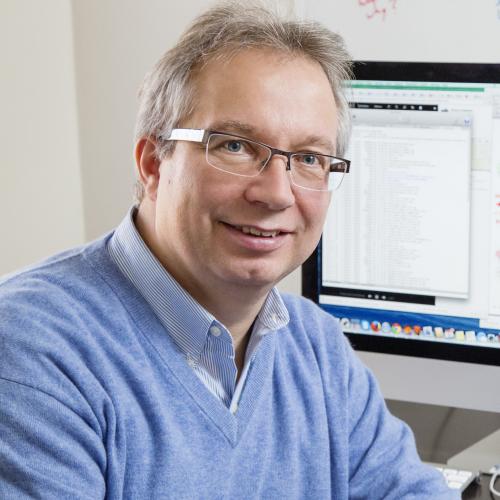Professor Bertram Ludäscher will be presenting research with group members during Philadelphia Logic Week 2019. The event, which will be held from June 3-7 at St. Joseph's University, brings together several conferences dedicated to the research on logic, knowledge representation, reasoning, transformations and provenance: the 15th International Conference on Logic Programming and Nonmonotonic Reasoning (LPNMR 2019), the 3rd International Workshop on the Resurgence of Datalog in Academia and Industry (Datalog 2.0), the 8th International Workshop on Bidirectional Transformations (Bx 2019), and the 11th International Workshop on Theory and Practice of Provenance (TAPP 2019).
On June 3, Ludäscher will present the poster, "Modeling Provenance and Understanding Reproducibility for OpenRefine Data-Cleaning Workflows," at TaPP 2019, describing ongoing work with Dr. Timothy McPhillips, scientist and software developer, and PhD students Lan Li and Nikolaus Parulian. OpenRefine is a popular tool for exploring, profiling, and cleaning datasets using a spreadsheet-like interface. In their poster, the researchers will report early results from an investigation into how records captured by OpenRefine can facilitate reproduction of complete, real-world data cleaning workflows as well as support queries and visualizations of the provenance of cleaned datasets.
Computer Science undergraduate Sahil Gupta, PhD student Jessica Cheng, and Ludäscher will present their paper, "Possible Worlds Explorer: Datalog & Answer Set Programming for the Rest of Us," on June 4 at Datalog 2.0. The paper examines Possible Worlds Explorer (PWE), an open source Python-based toolkit that runs in an interactive Jupyter environment, which the researchers developed to make working with Datalog and Answer Set Programming Systems (ASP) easier and more productive. According to the researchers, "PWE and tools like it may play an increasing role in future data science and AI applications by combining declarative problem solving in the style of ASP and Datalog with tool integration and information visualization through Python."
Ludäscher, director of the iSchool's Center for Informatics Research in Science and Scholarship (CIRSS), explains, "At first sight, it may seem that reproducible and transparent data cleaning with OpenRefine on one hand, and declarative problem solving through ASP and Python on the other, have little to do with one another. However, both topics are closely related through a common underlying information science foundation: both lines of research combine conceptual modeling and computational thinking into a new kind of declarative data wrangling and analysis, using rule-based logic languages."
Ludäscher is a leading figure in data and knowledge management, focusing on the modeling, design, and optimization of scientific workflows, provenance, data integration, and knowledge representation. He is a faculty affiliate at the National Center for Supercomputing Applications and the Department of Computer Science at Illinois. He studied computer science at the Karlsruhe Institute of Technology and received his PhD in computer science from the University of Freiburg.
